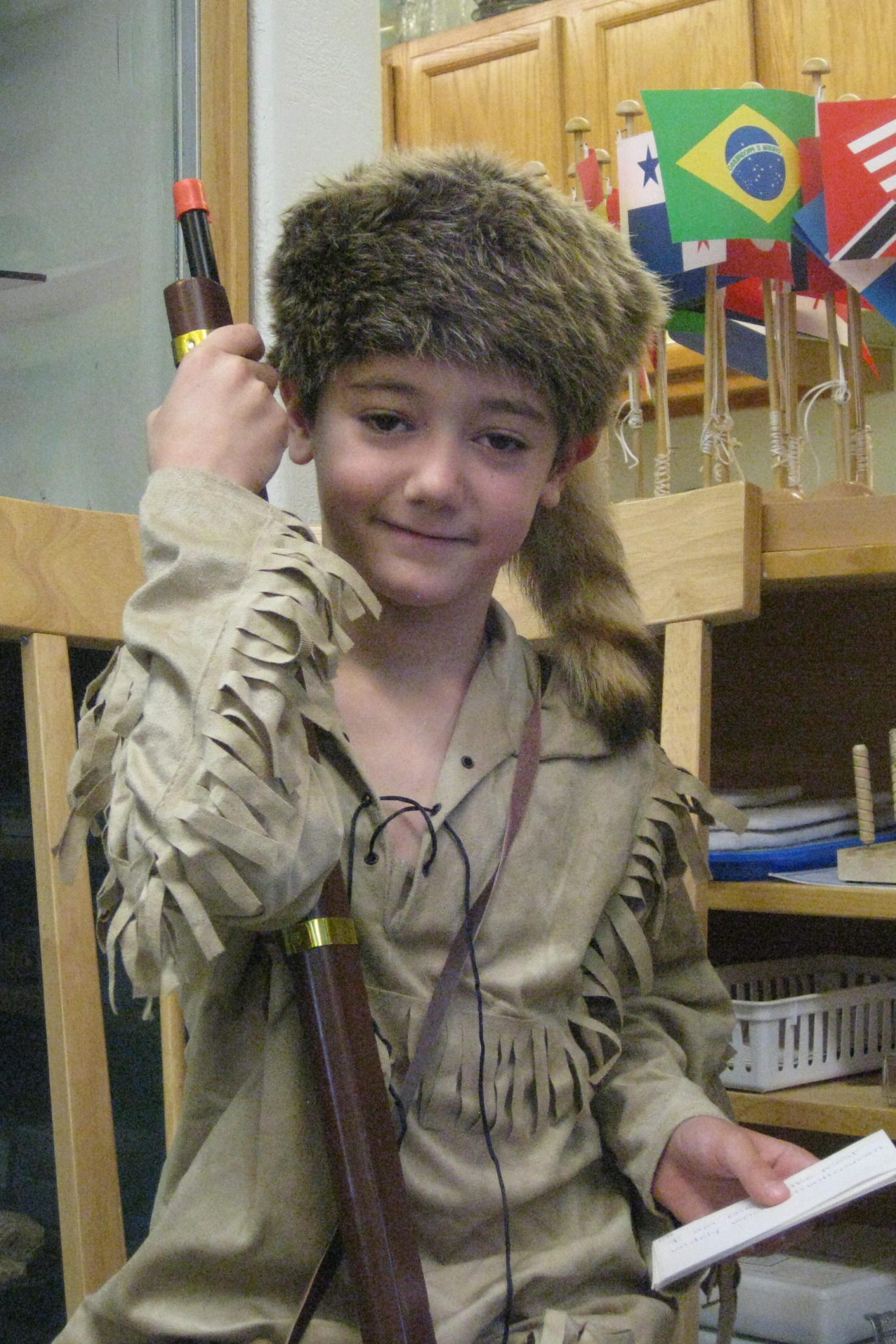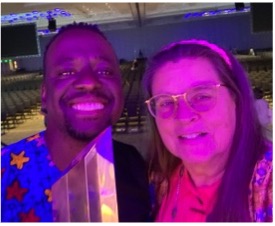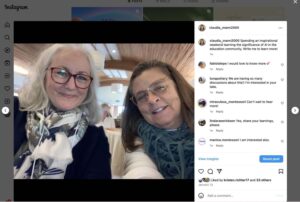“We must give him the means and encourage him. ‘Courage, my dear, courage!”
Maria Montessori - The 1946 London Lectures

It was often a topic of conversation amongst my Montessori colleagues: at least part of the “means and encouragement” was to help the child find their voice. This included learning to speak in front of a group, learning to wait their turn when sharing in a circle, and learning how to express themselves when emotions ran high. I wish I had a nickel for every time I sat with two children who were working through a conflict or hurt feelings. Those hours were mostly well spent and taught me a lot about the value of communication.
My Own Lessons to Learn
Something that didn’t seem to transmit to my communication practice was how to manage my own need for courage in conflicts. For years, I slipped into feeling victimized in nearly any challenge. I made up stories about the intentions of the people whose words felt like accusations or brought up painful feelings. It took me a few years of effort to truly own my tendency to hop into the Victim – Blamer – Rescuer triangle…also known as the Karpman Drama Triangle.1
This victim-y perspective was keeping me from finding my voice, except in those very close, most trusted relationships.
We must give him the means and encourage him. ‘Courage, my dear, courage! You are a new man that must adapt to this new world. Go on triumphantly. I am here to help you.’ This kind of encouragement is instinctive in those who love children.
Maria Montessori The 1946 London Lectures, p. 13
Trauma to the Rescue
Fortunately, I had a wonderfully wise physician who recognized the tip of my trauma iceberg. I’d been carrying around a fear related to the near-loss of my mother for more than 50 years. Every time I went in for some minor health concern, Dr. X patiently did all the tests. She’d reassure me that I was healthy, and reaffirmed that it was a good idea to follow up on my concerns. Then, one day, in addition to her usual encouragement, she suggested I might want to add trauma therapy to my self-care regimen.
Some 60 months later, I’m reaping the rewards of peeling off layers of hurt and replacing them with self-acceptance. I would never have guessed how that shift would result in the courage I’d find when I hopped into that drama triangle, still my personal path of least resistance. I’m experiencing a more stable state-of-mind, and loving the gift of peace that finding my voice and using it appropriately is bringing to how I handle the inevitable conflict and frustrations of normal life.
I coach a lot of teachers these days. They have faced an overwhelming sense of dis-ease among the members of their communities. No one has escaped the trauma of an interrupted life and that interruption has intensified behaviors and the emotional reactions to all sorts of situations.
With each shared concern, I find myself asking what is wanted: What outcome? What do you want others to know? What do you want to say? That’s when the fear shows up. The challenge to finding one’s voice is real. “I don’t think I can say that.” “I’m afraid of how they will react.” “They already seem so mean. I don’t know if I can take the chance.”
One of my friends, having just experienced the unburdening of having had her own courageous conversation, said it best. “It’s already bad. How much worse could it be?”
Indeed…and the possibility of the personal reward is totally worth it!
1 https://en.wikipedia.org/wiki/Karpman_drama_triangle




